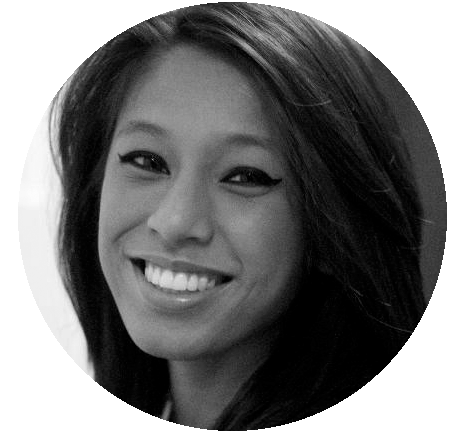A photographer's guilt
A photojournalist grapples with his privilege: being able to make a living off documenting the lives of the desperate


A free daily email with the biggest news stories of the day – and the best features from TheWeek.com
You are now subscribed
Your newsletter sign-up was successful
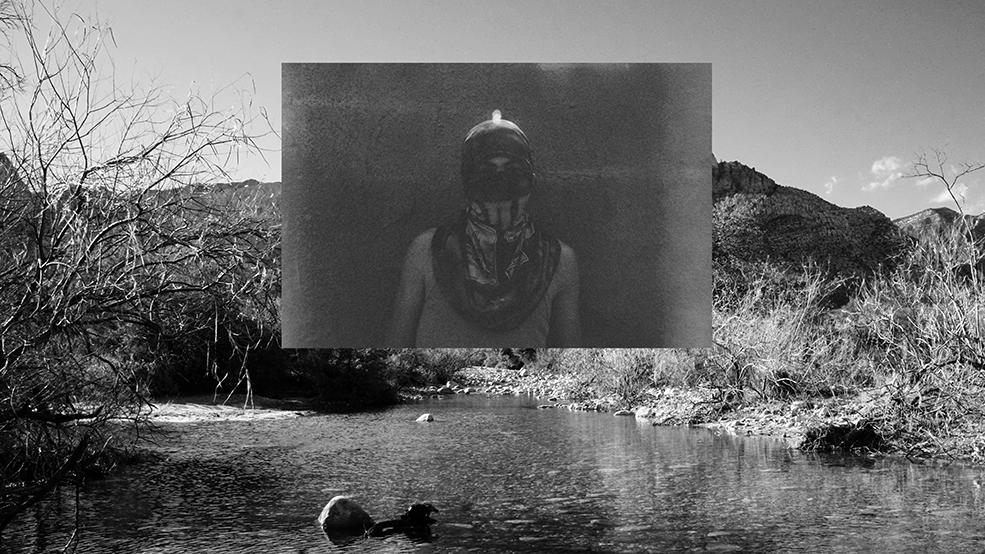
(Adrian Francis)Francis had just returned from a trip to Israel and the Palestinian territories, where he'd visited refugee camps, the site of the 2015 Duma killings, and other areas of conflict as a photographer. When he returned home to the U.S., the disconnect felt immediately jarring — going from documenting the lives of struggling people in the Middle East to rejoining the regular hum of American urban life. The feeling became especially pronounced in moments of heightened, frivolous pleasure, such as his road trip across the country with his brother."I was seeing all these beautiful scenes of these mountains and incredible sunsets. But the whole time, I was faced with wondering ... It's like, I can do this," he told me in an interview, months after the vacation. "It was cool that I can do this, but …"He stuttered a bit and trailed off. Then, suddenly: "You know, the first time I returned from the West Bank, two weeks later, the first person I ever met in the West Bank was stabbed to death."He couldn't help making these seemingly discordant associations.
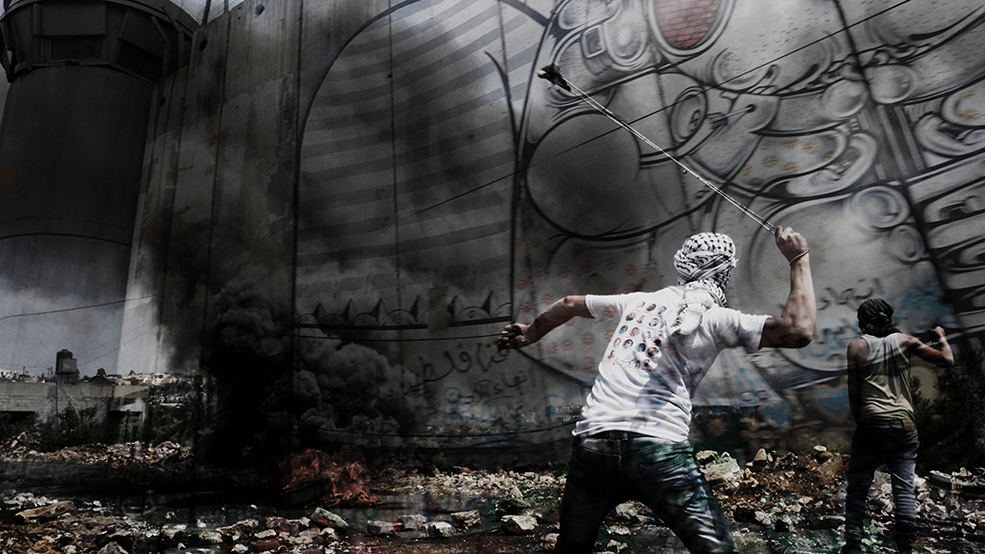
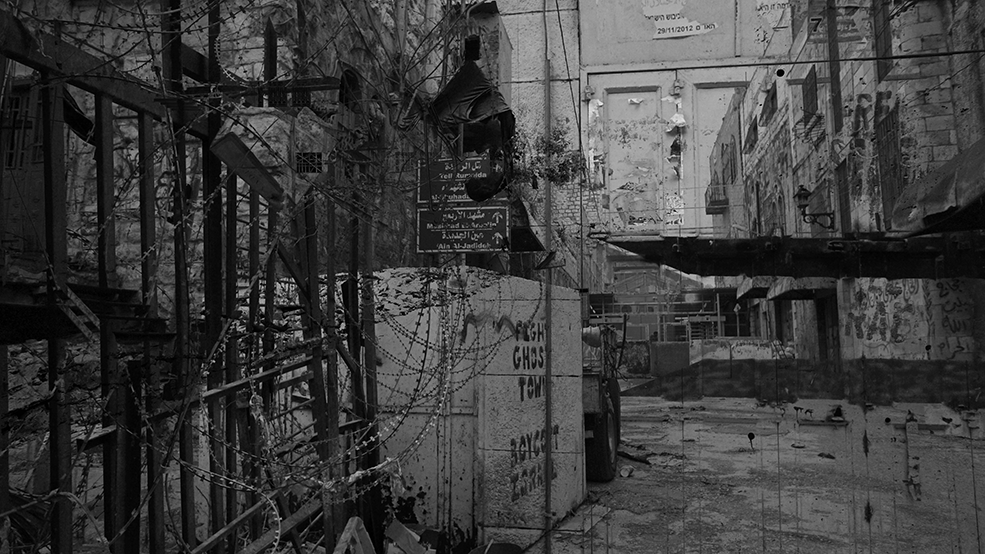
(Adrian Francis)Journalists who move between areas of violent international strife and first-world privilege can experience something akin to a soldier's post-traumatic stress disorder. But Francis was also feeling something else: guilt. What does it mean, after all, to be someone who makes a living off documenting the lives of the desperate?"When you go there, they expect journalists," Francis says. "They know that you're coming, and they welcome you. But after a while, it's like, 'You guys keep coming here, and you can go home and sell these images, and then you have enough to come back and do the same thing. And our lives aren't changing.' For me, I might be able to go home and get more work off of showing people how unfortunate they are. I'm becoming more fortunate, and they're staying the same."Even though journalists' reporting sheds light on the difficulties faced by vulnerable people, hopefully leading to more awareness and a bigger push for solutions, there's still something unsettling about gaining money or acclaim off others' hardships.
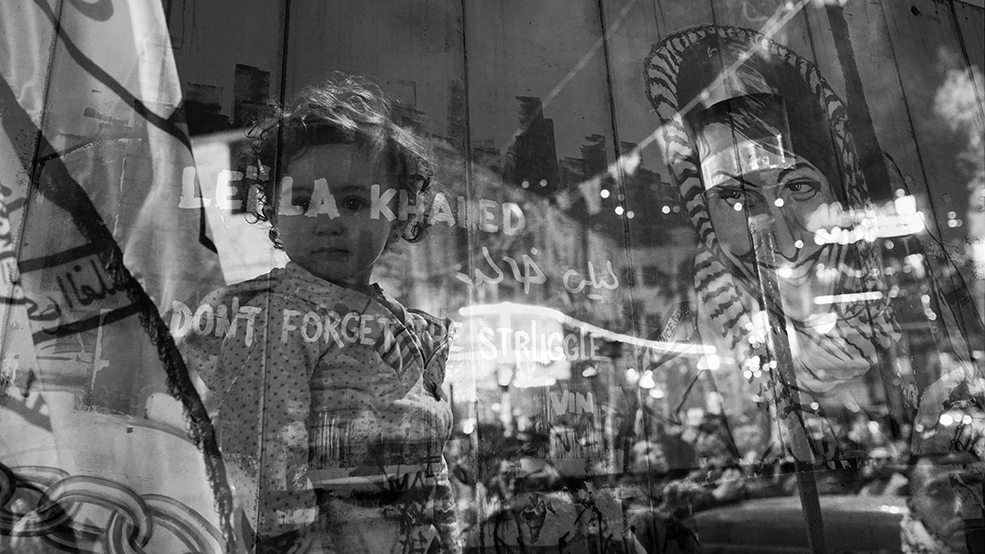
(Adrian Francis)In the summer of 2017, one of Francis' friends was hosting an art event and asked Francis to contribute to the showcase. At the time, Francis had just finished showing a series about Palestinian rock throwers — an intense project documenting young Palestinians who threw stones at Israeli forces as a form of protest, sometimes leading to violence from both sides. He hated the idea of using portraits of their struggle for a feel-good creative affair. So he began looking at his wider collection of photographs to see if he could put something else together."I started looking back, and then I found a relationship between a lot of my photos," he says. He began to overlay images together — work from his travels in the Middle East and leisure photographs he'd taken back home — focusing on accentuating that feeling of discordance between his reporting work and his personal life. He called the resulting project Tienen, which means "two" in Arabic."We as journalists, we tend to internalize our own conflicts to not take away from a conflict that we are dedicated to covering," Francis says. "That works when you're abroad. That works when you're actually in the state that you're working, and you're able to completely be focused on that. But when you get home and you're able to decompress, I think those things tend to creep back very slowly but absolutely surely."Tienen is meant to both force himself and other journalists to recognize their own privilege — and to give themselves a space to feel the grief and guilt that comes with it."I think that there's a contract," he said. "You are giving, and you are taking. I think at some point, it has to just be — you know, we're trying."Below, witness more of Francis's disorienting exploration of a photojournalist's unavoidable existential conflict:
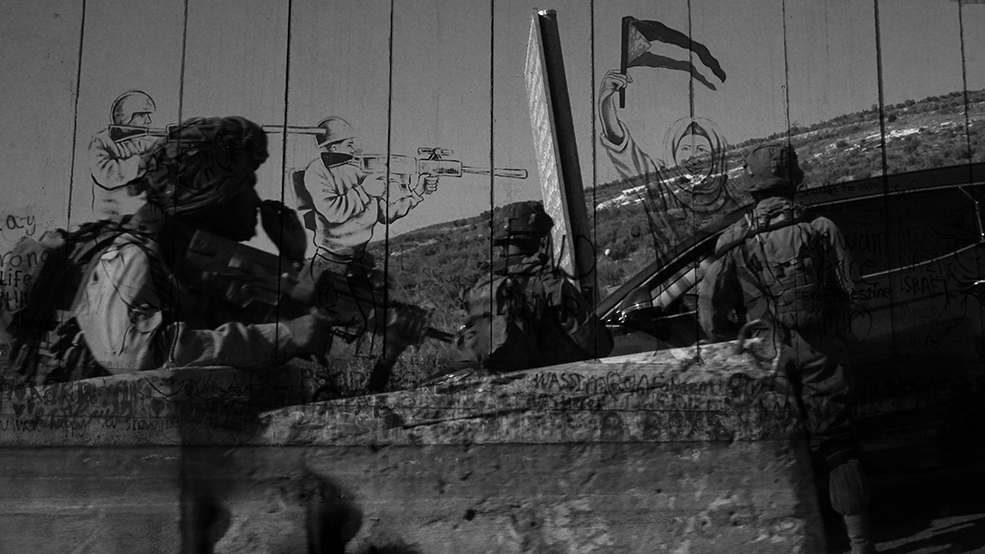
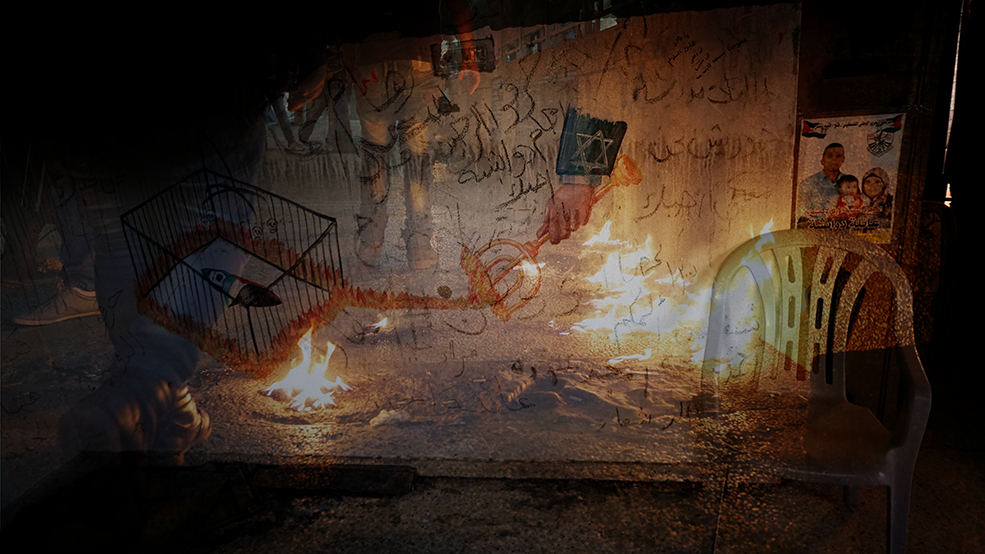
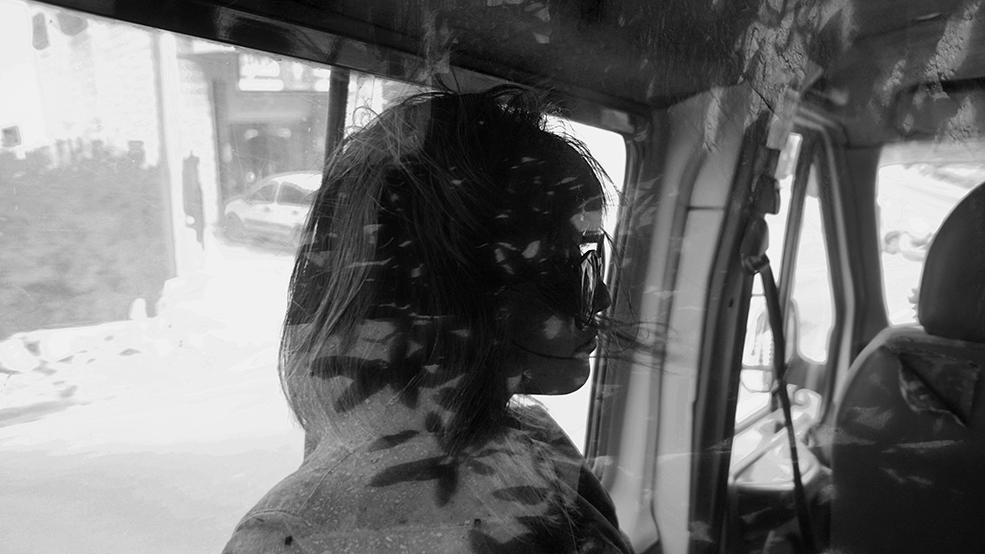
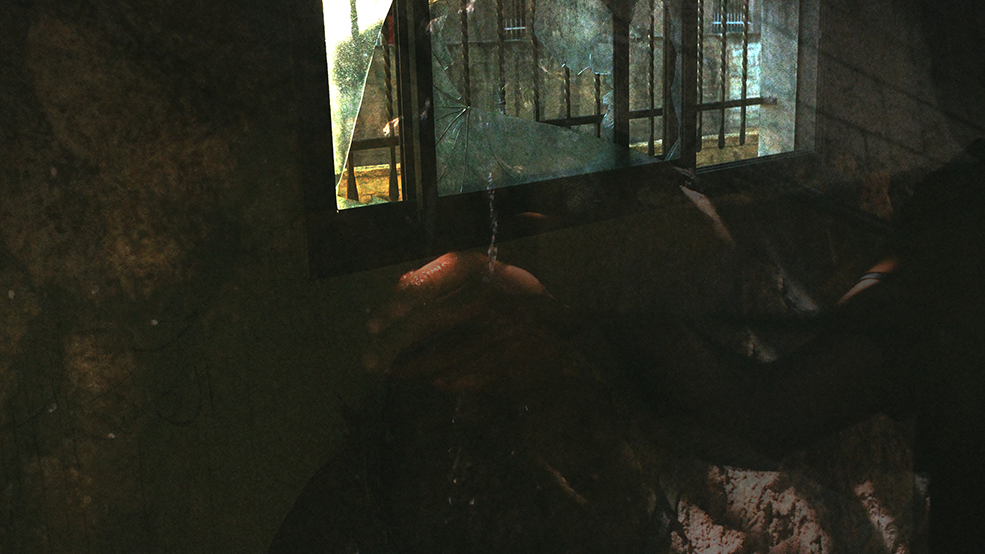
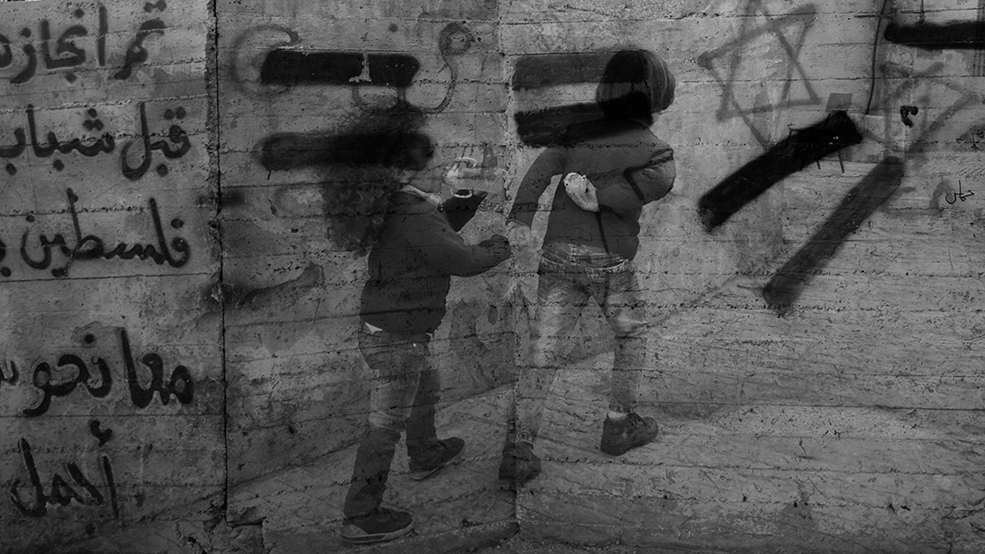
A free daily email with the biggest news stories of the day – and the best features from TheWeek.com
Kelly Gonsalves is a sex and culture writer exploring love, lust, identity, and feminism. Her work has appeared at Bustle, Cosmopolitan, Marie Claire, and more, and she previously worked as an associate editor for The Week. She's obsessed with badass ladies doing badass things, wellness movements, and very bad rom-coms.
-
 Political cartoons for February 14
Political cartoons for February 14Cartoons Saturday's political cartoons include a Valentine's grift, Hillary on the hook, and more
-
 Tourangelle-style pork with prunes recipe
Tourangelle-style pork with prunes recipeThe Week Recommends This traditional, rustic dish is a French classic
-
 The Epstein files: glimpses of a deeply disturbing world
The Epstein files: glimpses of a deeply disturbing worldIn the Spotlight Trove of released documents paint a picture of depravity and privilege in which men hold the cards, and women are powerless or peripheral
